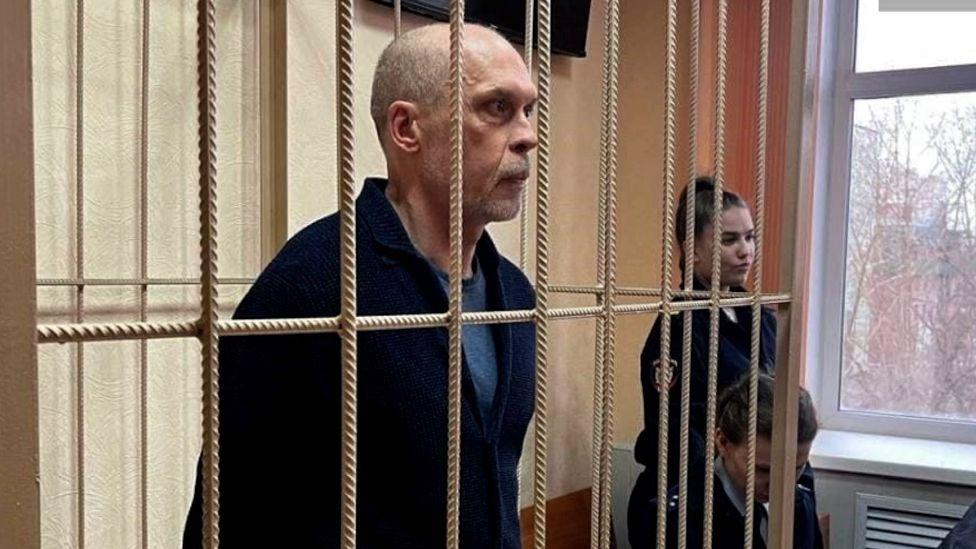On the morning of March 28, 2023, police arrived at the residence of Andrey Perlov, a 62-year-old managing director of a Novosibirsk football club, accusing him of embezzling approximately three million roubles (around $32,000). Perlov, an esteemed Olympic gold medallist in race walking at the 1992 Games in Barcelona, and his family categorically deny these allegations. Following his arrest, Perlov has been held in detention for over six months, and his family asserts that he is under significant pressure to enlist in the ongoing conflict in Ukraine. They claim that authorities have indicated the embezzlement charges against him might be suspended or even dropped in exchange for his agreement to fight in the war.
The shift in Russian legislation adds an alarming twist to the recruitment of soldiers, which has historically focused on convicted criminals. In March 2024, new laws mandated that both defense and prosecution attorneys inform individuals facing trial that they could opt to serve in the military instead of going through the judicial process. This means that if an accused person agrees to join the army, their case will be effectively halted. Olga Romanova of the NGO Russia Behind Bars has described this alteration in the legal landscape as a drastic change that puts significant pressure on individuals while also creating a system where individuals can essentially evade justice by opting to take part in military operations.
Reports have surfaced indicating that pressure is also taking root among those who have yet to stand trial. For instance, an investigator was overheard encouraging the wife of a convicted thief to convince her husband to join the war, assuring her that if he signed an enlistment agreement, charges could be dropped against him. Multiple lawyers have confirmed that such practices are becoming increasingly common throughout Russia. While some individuals see military enlistment as a means of avoiding incarceration, the journey often results in tragic consequences, as exemplified by the case of 18-year-old Yaroslav Lipavsky, who died shortly after signing up to avoid legal consequences.
The recruitment of individuals implicated in crimes highlights the Russian military’s desperate need to bolster its ranks while avoiding broader conscription of the general population. Analysts suggest that the government considers these individuals expendable, presuming that society will not mourn their loss. The practice of recruiting prisoners began with the Wagner Group, which targeted high-security inmates in exchange for freedom. Recent investigations have uncovered that Wagner recruited nearly 50,000 inmates, suffering significant casualties in the process, particularly during the intense battles for cities like Bakhmut.
As the conflict in Ukraine continues, both the Wagner Group and the Russian Ministry of Defence have modified their recruitment strategies to adapt to the losses incurred on the battlefield. A growing number of individuals accused of crimes are resisting the pressure to enlist, either due to principled opposition to the war, concerns for their safety, or a desire to fight their case in court. Notably, Andrey Perlov’s daughter, Alina, has detailed the immense pressure her father has faced to join the military, including threats of isolation and punishment for refusal. She expresses concern for her father’s health and well-being in prison, fearing that the overwhelming circumstances will ultimately break his spirit.
The implications of these recruitment tactics extend beyond individual cases, signifying a troubling trend within Russia’s criminal justice system and military strategy. The lack of transparency and accountability from the authorities, alongside the refusal to respond to inquiries about the coercive conditions facing detainees, paints a grim picture of the current state of affairs. While Andrey Perlov’s family endeavors to prove his innocence and advocate for his rights, they grapple with the harsh realities of a system that contravenes legal norms, turning individuals facing criminal charges into pawns in a broader military strategy amid an ongoing conflict.

